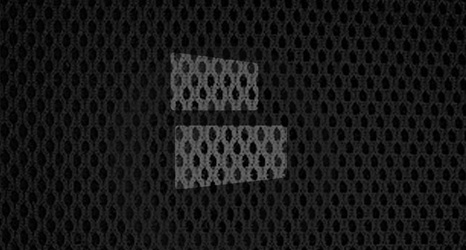In the forms — similar to those signed by more than 460,000 athletes at NCAA schools each year — both the player and his mother asserted they had no knowledge of any violations of NCAA rules regarding amateurism. Over the years, the NCAA has interpreted amateurism rules to prohibit a long list of benefits for players and families, ranging from duffel bags full of cash and luxury cars to more modest perks, such as gas money and free meals.
When the player’s mom signed those forms, she was lying, according to federal prosecutors, who did not identify her or her son in court documents.
